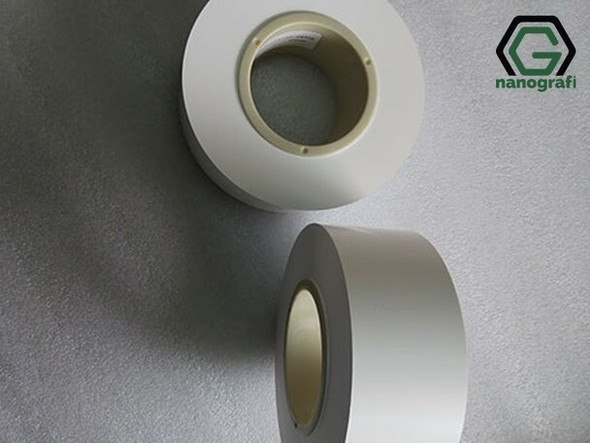Description
Roll to Roll PE-CVD System for Continuous Graphene or 2D Film Growth
Roll-to-roll system is a hybrid technology used for producing atomically thin membranes. The CVD process is done under very low pressures, which makes it mandatory to use a vacuum chamber. CVD enables the transformation from lab-scale synthesis to continuous production. Chemical vapor deposition is considered to be one of the best methods to produce Graphene substrates especially for thin film applications. Very high rates of deposition (e.g, 230 to 250 nm.m/min) can be achieved with changing the process parameters which directly affect characteristics of graphene.
System uses a plasma discharge between a pair of electrode rollers to apply barrier coating/hard coating to a plastic or metallic substrate. A power supply is used to control the two rollers. A plasma is generated by the system between these rollers which leads to the coverage of rollers by a film. Electrodes are not contaminated with coating and this provides a process stability. The system can work with 0-300 Watt adjustable plasma power. System uses a N2, O2, TEOS gases. PE-CVD devices procudes plasma with electricity and the reaction is activated by this plasma by transferring the energy to its precursors. It can be applied to reactive organic, inorganic and inert materials.
This is a lab-scale Roll to Roll PE-CVD (Plasma Enhanced Chemical Vapor Deposition) tube furnace system, please see the below TDS for detailed technical information.
Plasma is created by the ionization of atoms and molecules. For this purpose, an external energy is used. Also, vacuum chamber serves to maintain the produced plasma.
The advantages of Roll to Roll PE-CVD:
- Low Contamination
- High Deposition Rate
- High Material Use Efficiency
- Low Temperatures
- Both Inorganic and Organic Materials as Precursors
- Unique Chemical Properties of The Deposited Films
- Thermal and Chemical Stability
- High Solvent and Corrosion Resistance
- No Limitation on Substrates: Complicated Geometries and Composition
Applications:
- Single layer (transparent) barrier coatings
- Optical Coatings
- Dielectric Coating
- Protection Coating
- Hard Coating Film
- Solar Cell Technology
- Surface Modification








